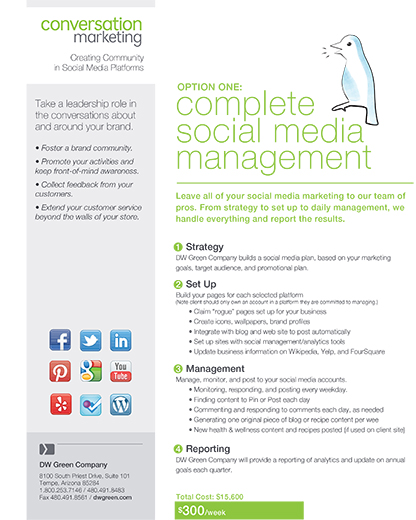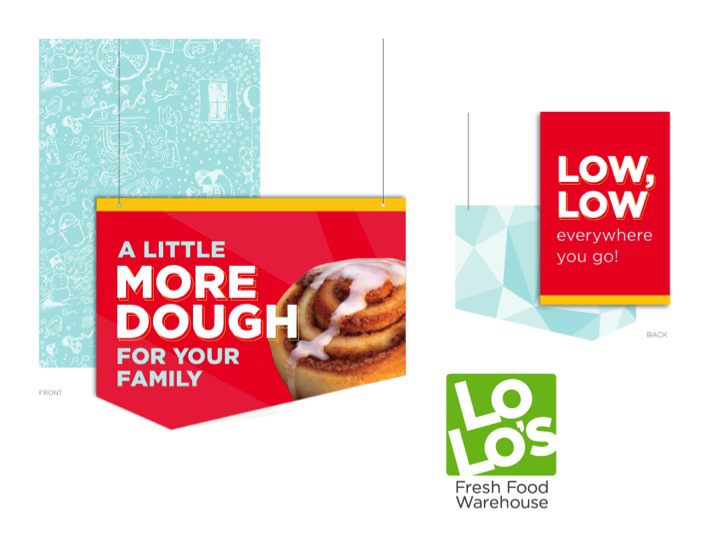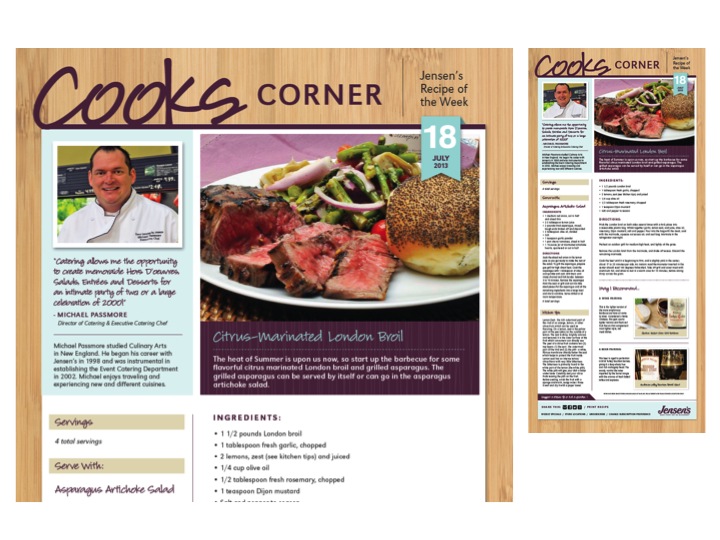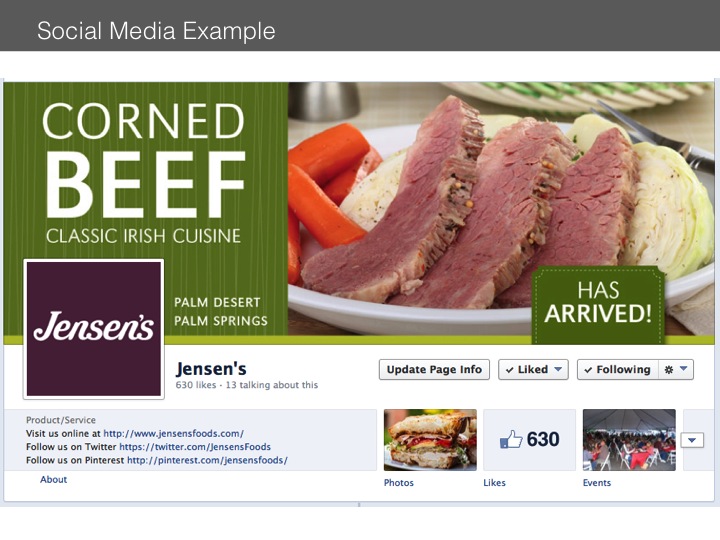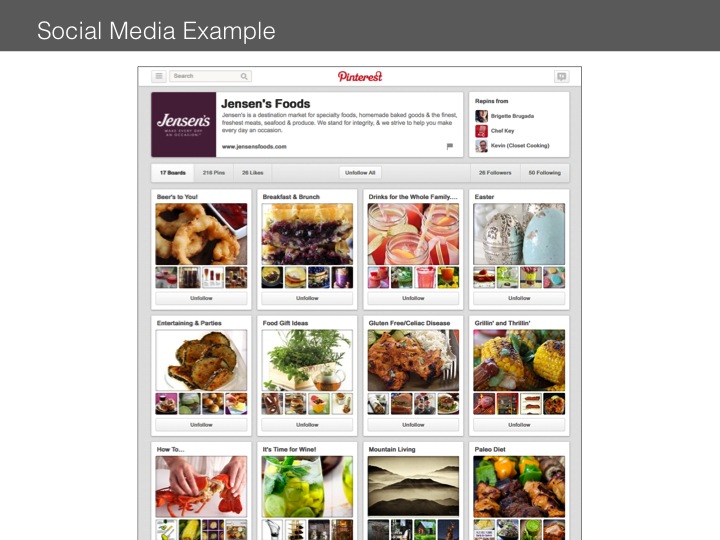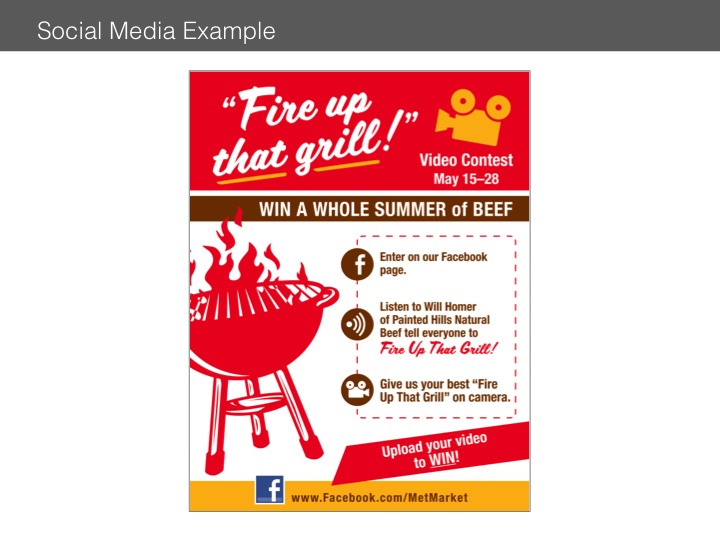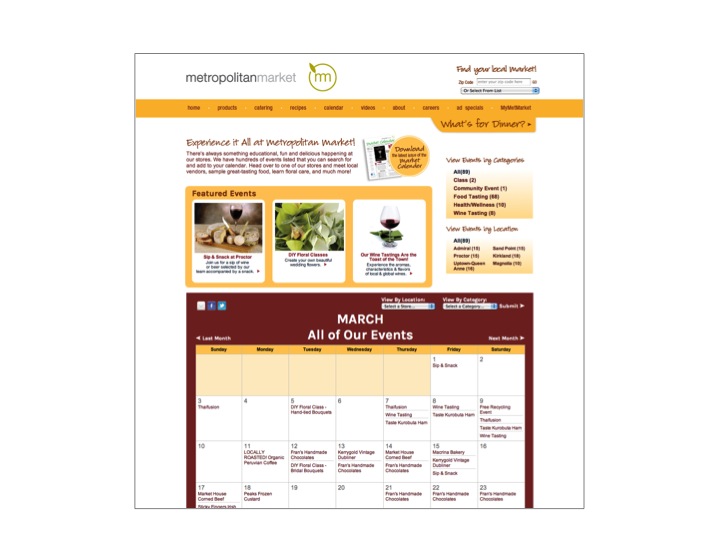DW's Blog
The Plan Of No Plan
by DW Green — May 25, 2022

The Super bowl winning coach Bill Walsh used to script plays at the beginning of his games.
The Best Retreat Is In Here, Not Out There
by DW Green — May 18, 2022

“Wherever you go, there you are.”
Read More – Freshman in Life
...read moreImpossible Without Your Consent
by DW Green — May 11, 2022

“What we assume, what we willingly generate in our mind, that’s on us.”
Read More – No One Is Coming
...read moreLiving Without Restriction
by DW Green — May 4, 2022

Look at what success has cost them.
Find The Right Scene
by DW Green — April 27, 2022

“Remember, you become like your friends.”
Read More – Pure Joy
...read moreDon’t Unintentionally Hand Over Your Freedom
by DW Green — April 20, 2022

Maintain control over your mind and perceptions.
Read More – Listening Backslider
...read moreAccurate Self-Assessment
by DW Green — April 13, 2022

We underestimate our capabilities just as much and just as dangerously as we overestimate other abilities.
The Real Source Of Harm
by DW Green — April 6, 2022
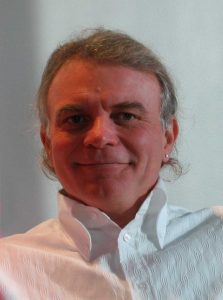
You don’t miss that routine until it’s not there anymore.
The Enemy Of Happiness
by DW Green — March 30, 2022
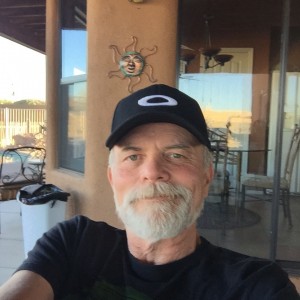
Like the horizon, you can walk for miles and miles and never reach it.
Read More – Mentor
...read moreOnly Bad Dreams
by DW Green — March 23, 2022

Many of the things that upset us are a product of the imagination, not reality.




